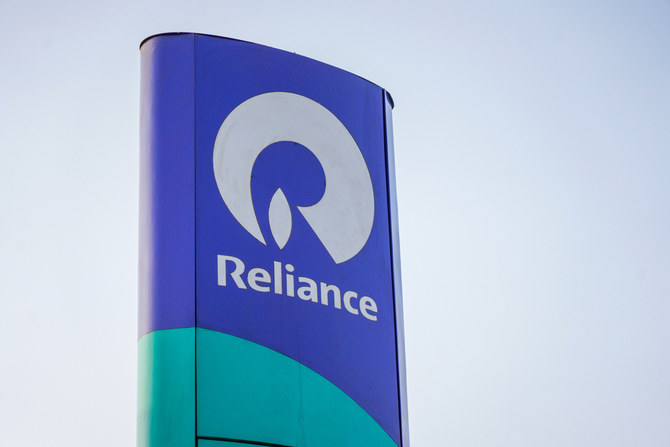RIYADH: The war in Ukraine and sanctions against Russia have hurt economic recovery in the Middle East and North Africa, the International Monetary Fund said on Wednesday.
The IMF report says the crisis has dealt a severe blow to low-income countries while benefiting oil-producing states.
The IMF’s growth forecast for the region, which includes Arab countries and Iran, was forecast at 5%, down from 4.1% for this year in October.
But the projected growth masks disparities between the 22 countries in the region, which range from major oil exporters to war-torn nations and others that rely heavily on wheat imports as well as hydrocarbon imports.
Russia’s invasion of Ukraine and economic sanctions against Moscow have affected the region “through a multitude of direct and indirect channels”, according to the IMF report.
“We expect growth to slow from 5.8% in 2021 to 5% in 2022. Growth is largely driven by oil and gas exporters like Saudi Arabia. But the outlook for emerging markets and low-income countries is deteriorating,” the IMF tweeted.
He said inflation in the MENA region also jumped to 14.8% in 2021, mainly due to rising food prices. “We expect it to remain high at 13.9% in 2022,” the IMF said.
The Fund expects continued economic growth in the Gulf countries in the future, supported by high oil prices and exports, IMF director for the Middle East and Asia Jihad Azour told Asharq. central.
There are three main sectors of Egypt’s economy that need rapid reform, Azour said.
The reforms he referred to are monetary policy reform, increased exchange rate flexibility and intensification of basic structural reforms.
Structural reforms have become even more urgent, to avoid the scars of the pandemic and war and ensure an inclusive recovery, according to the report.
Azour said that Lebanon and Tunisia need urgent measures and financial support from countries around the world to get out of the current crisis.
Emerging markets and middle-income countries, including Egypt, Jordan and Morocco, are expected to register GDP growth of 4.4% on average.
The IMF has warned that emerging markets and middle-income countries face a deteriorating outlook, given their governments’ limited ability to deal with inflation as geopolitical uncertainties persist.

